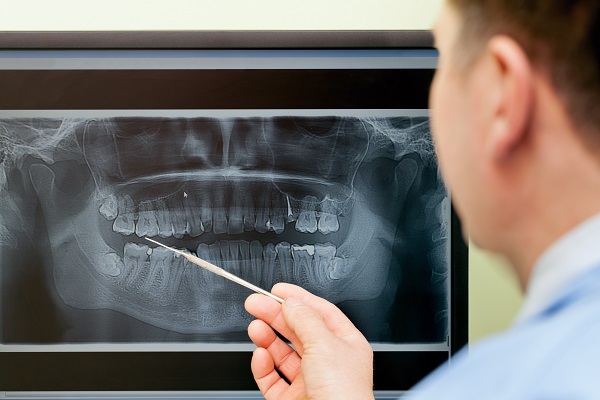What Is Dental Implant Oral Surgery?

Dental implant oral surgery has transformed the concept of dental restorations. Implants are designed to replicate the look, function and feel of natural teeth. This article covers what you need to know about dental implant surgery, right from the consultation stage through to recovery.
About dental implant oral surgery
Dental implants are small titanium posts that are placed surgically inside the jawbone to replace a missing tooth. The titanium post functions as an artificial tooth root. The jawbone fuses with the titanium implant, forming a sturdy foundation for the artificial teeth. Implant surgery involves the following processes:
Initial evaluation
Since multiple procedures are sometimes necessary to complete the dental implant placement process, a dentist will perform a complete and thorough evaluation, including dental x-rays and impressions, to ensure that the final restoration fits in with the rest of the teeth. During the consultation, the patient will learn what to expect before, during and after the surgery.
The dentist will check whether the jawbone is strong enough to hold the implants, depending on the number of teeth that need to be restored. They will need to know about the patient’s medical conditions and current medications, whether prescribed or over-the-counter. If necessary, the dental professional might recommend an antibiotic before the surgery to prevent infection.
The surgical procedure for dental implants
Dental implant oral surgery is usually done in multiple stages, allowing the jawbone to heal fully before undertaking additional treatments. During the procedure, the dentist will administer anesthetic to numb the jaw. Additional steps may be required to help the patient relax throughout the process.
If the damaged tooth is still in its socket, the dentist will remove it. Afterward, they will prepare the jawbone for the surgery; this may include bone grafting. Once the jaw is ready, the implant is placed inside the jawbone through the gum. The jaw will need some time to heal before the dentist places the abutment that will link the implant and the artificial tooth.
It takes about three to six months for the jawbone to integrate with the dental implant. During this period, the patient will get a temporary restoration and stick to a diet of soft foods. Concurrently, the dentist will make plans to fabricate the final replacement teeth.
After dental implant surgery
It is normal to feel pain after oral surgery. Bruising, swelling and minor bleeding may occur but will stop after some time. If these symptoms persist or worsen several days after the surgery, patients need to contact their dentist immediately. The dental professional will provide recommendations to help with post-surgery recovery, including the use of ice packs and pain relievers to ease swelling and discomfort.
Do you need dental implants?
Dental implant oral surgery is a routine procedure performed by dentists and has a minimal risk of complications and a high success rate. If you are looking to replace a lost tooth with dental implants, contact our office today to schedule an appointment.
Request an appointment here: https://www.mytotaldentistry.com or call McCarthy Dentistry at (740) 546-5178 for an appointment in our Marietta office.
Check out what others are saying about our services on Yelp: Read our Yelp reviews.
Recent Posts
A dental bridge is a tried-and-true way to replace missing teeth, restore chewing function, and protect remaining teeth from shifting. Modern materials, precise digital planning, and evidence-based protocols allow a bridge to blend seamlessly with surrounding teeth and support the health of the smile. With the right bridge design and care routine, patients can experience…
Tooth extractions are common dental procedures performed by general dentists. They can be a result of decay, disease, or a fracture. While the dentist may introduce it to preserve oral health, it is important to know what to expect during and after the operation.There are two types of tooth extractions, namely simple and surgical. Most…
When searching for a dentist near me, families are often looking for more than just convenience. Quality, comfort, and trust can all help them select the right dental provider. Working with a trustworthy dental practice that understands your entire family's needs can make a lasting difference in your oral health.Dental health has a direct link…
Your dentist can suggest a tooth extraction. A thorough assessment can help determine if you need this procedure. The facts can help prepare you for your oral surgery. Here are the details on when a tooth extraction may be necessary.Periodontal disease is an infection of the structures that surround the teeth. Studies show that the…


